The Origins of House Music
Like it or not, house is first and foremost a direct descendant of disco. Even Farley couldn’t deny that the foundation for Chicago house was New York underground disco.
After all, Frankie Knuckles, the acknowledged “godfather” of Chicago house, got his start in Manhattan, where he was spinning records in the early ‘70s with another legendary deejay, the late Larry Levan.
AAMS Auto Audio Mastering System

Disco had already been going for ten years when the first electronic drum tracks began to appear out of Chicago.
Dilution and racial and sexual prejudice which culminated in the 'disco sucks' campaign. But the underground scene had already stepped off and was beginning to develop a new style that was deeper, rawer and more designed to make people dance.
Disco had already produced the first records to be aimed specifically at DJs with extended 12" versions that included long percussion breaks for mixing purposes and the early eighties proved a vital turning point.
But it wasn't just American music laying the groundwork for house. European music, spanning English electronic pop like Depeche Mode and Soft Cell and the earlier, more disco based sounds of Giorgio Moroder, Klein & MBO and a thousand Italian productions were immensely popular in urban areas like New York and Chicago.
One of the reasons for their popularity was two clubs that had simultaneously broken the barriers of race and sexual preference, two clubs that were to pass on into dance music legend - Chicago's Warehouse and New York's Paradise Garage. Up until then, and after, the norm was for Black, Hispanic, White, straight and gay to segregate themselves, but with the Warehouse, opened in 1977 and presided over by Frankie Knuckles and the Garage where Larry Levan spun, the emphasis was on the music.
And the music was as varied as the clienteles - r'n'b based Black dance music and disco peppered with things as diverse as The Clash's 'Magnificent Seven'. For most people, these were the places that acted as breeding grounds for the music that eventually came to be known after the clubs - house and garage.
Frankie Knuckles
Think of a classic house record and nine times out of ten you'll think of Trax, although you may not realise it. 'Move Your Body'? 'Baby Wants To Ride'? 'Washing Machine'? 'Can U Feel It'? All Trax releases. 'House Nation'? 'Acid Trax'? 'Your Love'? 'We Are Phuture'? 'U Used To Hold Me'? Yup, those too. What's more they introduced the world to producers who've become immortalised as some of house music's greatest innovators - Larry Heard, Marshall Jefferson, Frankie Knuckles - and have provided an outlet for many more of Chicago's house artists over the years, such as Armando, Liddell Townsend, Robert Owens, Farley Jackmaster Funk, Mr Lee, Adonis, Fast Eddie, Ralphie Rosario, DJ Rush, Steve Poindexter, Terry Baldwin, DJ Skull... the list goes on. And they did it all by releasing crappy-looking records that sounded like they'd been pressed on sandpaper.

Virtually pioneered by Dj Sneak, original Disco House actually started around in 1991, and consisted of looped disco samples with more upfront "Chicago" style beats. The term "disco-house" became more popular around 1994, and has since been taken on by the French scene by the likes of Bob Sinclar and Daft Punk. Much has been written about Kraftwerk being the originators of house. While this is a nice idea, the truth is far more complex. Due to the relatively cheap availability of drum machines and synthesisers from Japanese companies like Roland (the feted 808 and 909 drum machines both originated in Japan) something was bound to happen anyway.
The phrase 'house music' had not yet been coined. In fact, the Warehouse had existed since 1977, and it was only at the time that New York born DJ Frankie Knuckles moved to a discotheque in Chicago that people began to talk about house music, as in, the music that was played over at the Warehouse. In the mid 1980s, cheap electronica happened, Trax records was founded in Chicago, and a new rawer, sleazier sound was being championed by Ron Hardy at the Music Box. House crossed the distance to New York with the track ‘Mysteries of Love’ by Mr. Fingers. The 110bpm original instrumental becomes an anthem at the Garage after Levan gets hold of it on acetate. In the late eighties, New York rose again with Todd Terry introducing sampling to house music. The meaning of the word garage has slipped dramatically. But any definition will pretty quickly run into problems if you name a genre of music after a club [Larry Levan's Paradise Garage] which was known not for one style of music but for its wild eclecticism championed by one DJ.
What we now call garage is music which has evolved from the more soulful, more gospel-inspired parts of disco and it owes its emergence to the taste-making of DJ Tony Humphries at his club Zanzibar in Newark, New Jersey. When, around 1997, some London DJs took the descendant of this music and latched it to some cavernous, half-tempo basslines, speed garage or UK garage or the London Sound was born. Just to make things even more complicated, this actually took its first steps thanks to records by New Jersey producer Todd Edwards and adopted New Yorker Armand Van Helden.
What is now a complex mixture of influences and genres began from humble roots in the UK. Though many debate the original drum & bass record, it was a combination of Lenny De Ice's "We are ie" and the late 1989 Perfecto release 'Baz De Conga' which pioneered the movement. The cut was an amalgamation of ideas and sounds, combining the sax drop from "Monkey Say, Monkey Do" with Steel City bleeps and a gospel vocal lift. What producer Steve Bicknell brought to the cut however was attitude - the whole mix powered by a tumbling sub roll, clattering breakbeats and an unrelenting synth strike.
Todd Terry
Weirdest of all is `Acid Trax' by Phuture, the record that started the whole fad off. The `Cocaine Mix' starts with a treated voice midway between a dalek and the Voice of Judgement that announces, `This is Cocaine Speaking'; spectral eddies of a disembodied human wail (reminiscent of nothing so much as PIL's `No Birds Do Sing') simulate the soul languishing in cold turkey; then we're launched on a terror-ride that again reminds me of PIL's `Careering' or `Death Disco'. `I can make you like for me/I can make you die for me/In the end/I'll be your only friend.' If disco was always ment to be about escapism, acid is about no-escapism.
Then the DJ was born.
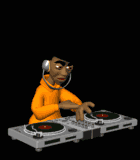

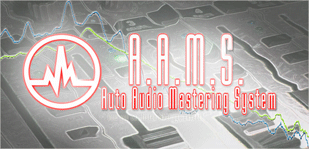

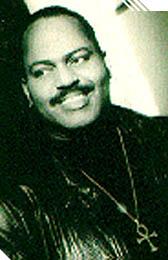
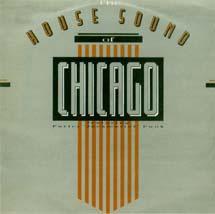

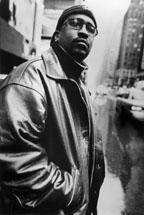
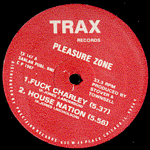
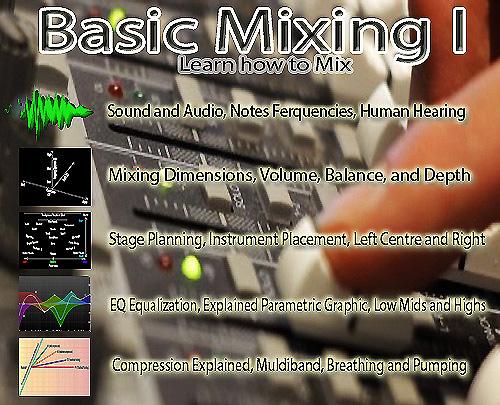
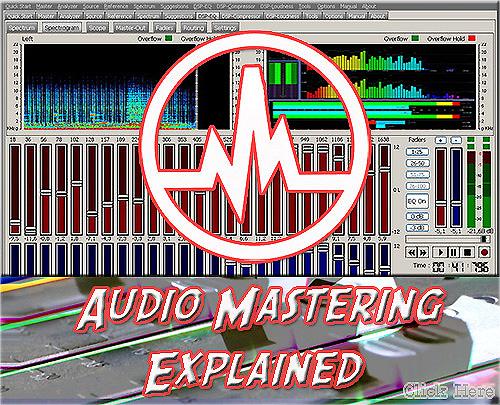
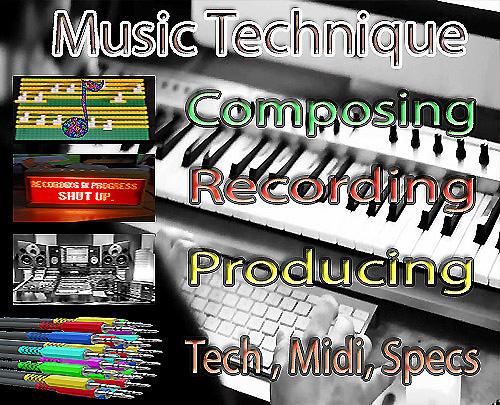 Music Technique
Music Technique